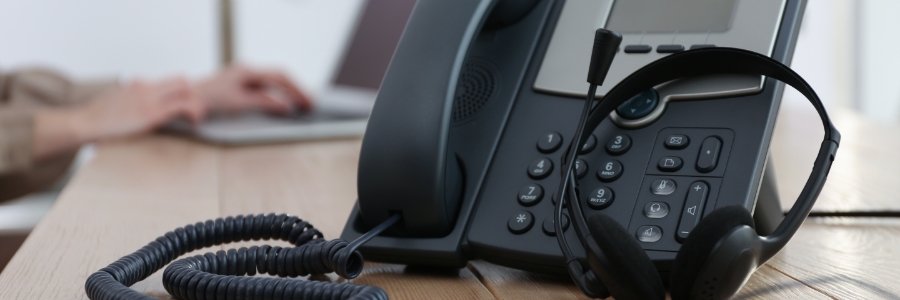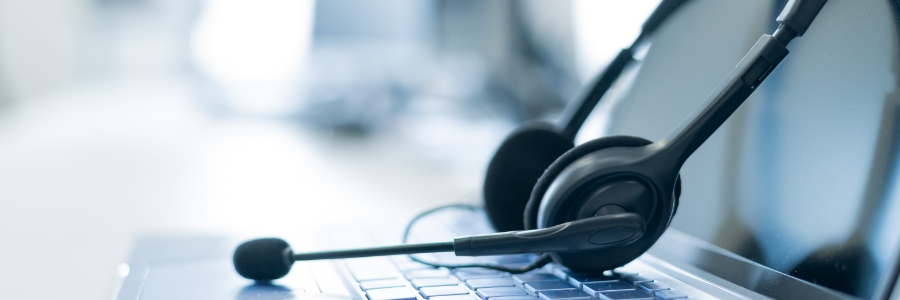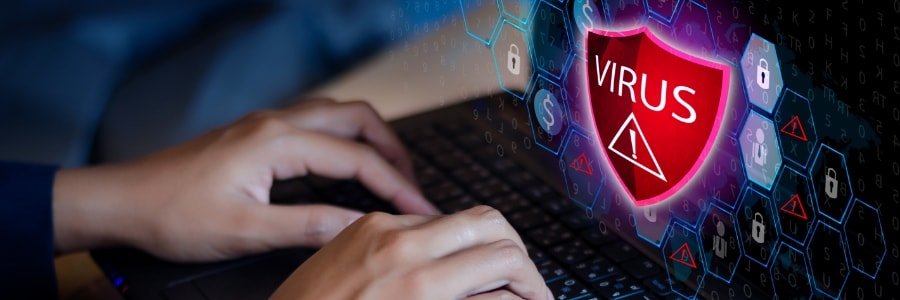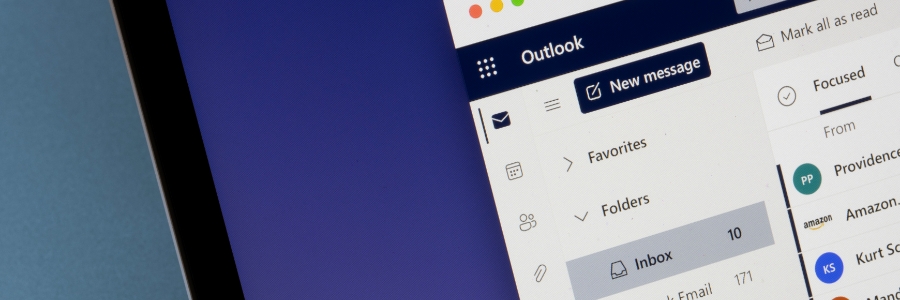Buying antivirus software isn’t exactly a thrilling task, but running a small or medium-sized business (SMB) is hard enough without worrying about ransomware or phishing scams. The right antivirus can keep your devices safe, your business data secure, and your mind at ease.
Shopping for antivirus software? Don’t overlook these key considerations
How to identify and avoid phishing attacks

Despite decades of phishing attacks stealing information and bringing financial devastation to countless people and organizations, these online attacks continue to grow in number and sophistication. As people become more dependent on the internet, they trust it and the information they get from it far more than they should.
Enhancing VoIP with 5G: Faster speeds, better calls, and greater efficiency

With the integration of 5G technology, VoIP (Voice over Internet Protocol) systems can reach new levels of performance, enhancing speed, reliability, and efficiency. Whether you're managing remote teams, handling customer inquiries, or streamlining internal communication, 5G can revolutionize the way you use VoIP. Let’s explore the key benefits that 5G brings to VoIP and tips for integrating it.
Unlocking the full potential of Outlook in Microsoft 365
How business intelligence fuels success
Watch out! These social engineering tricks could fool anyone

While it’s easy to blame cyberattacks on sophisticated hacking, the truth is that many attackers rely on social engineering — a craft of deception designed to manipulate people into giving up sensitive information or access. The scary part? It’s not just high-tech companies that get targeted, it’s all of us.
Why your business should start recording business calls
Debunking the biggest fears companies have about the cloud
The hidden risks of SaaS for SMBs
Essential criteria for selecting a VoIP headset

In today’s workplace, clear and effective communication is essential, especially for teams using Voice over Internet Protocol (VoIP) systems. Whether you’re handling customer calls, participating in virtual meetings, or collaborating with colleagues, the right VoIP headset can make a significant difference in your experience.







